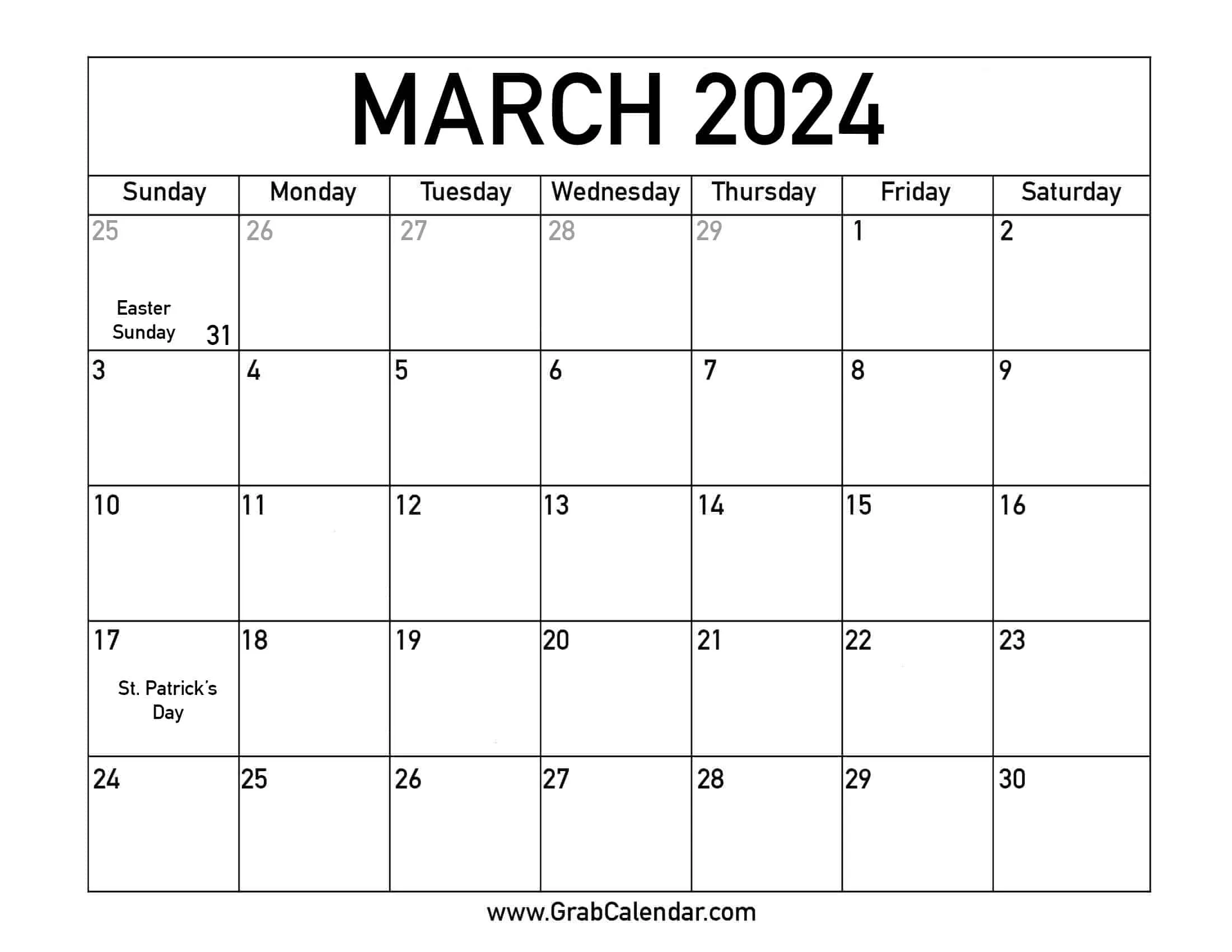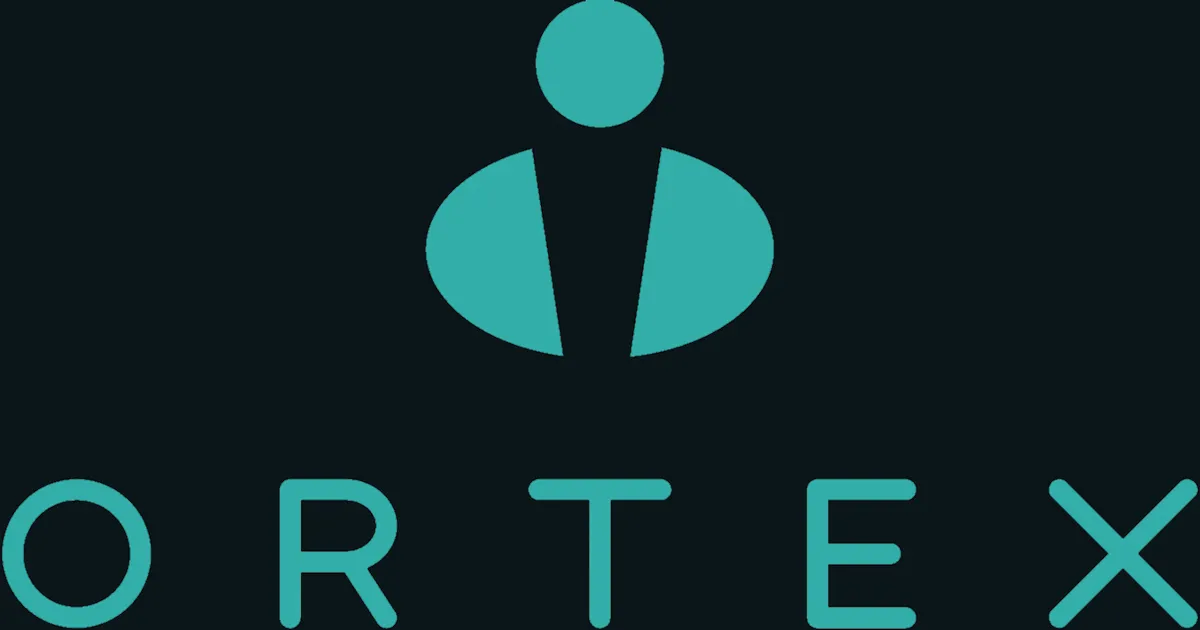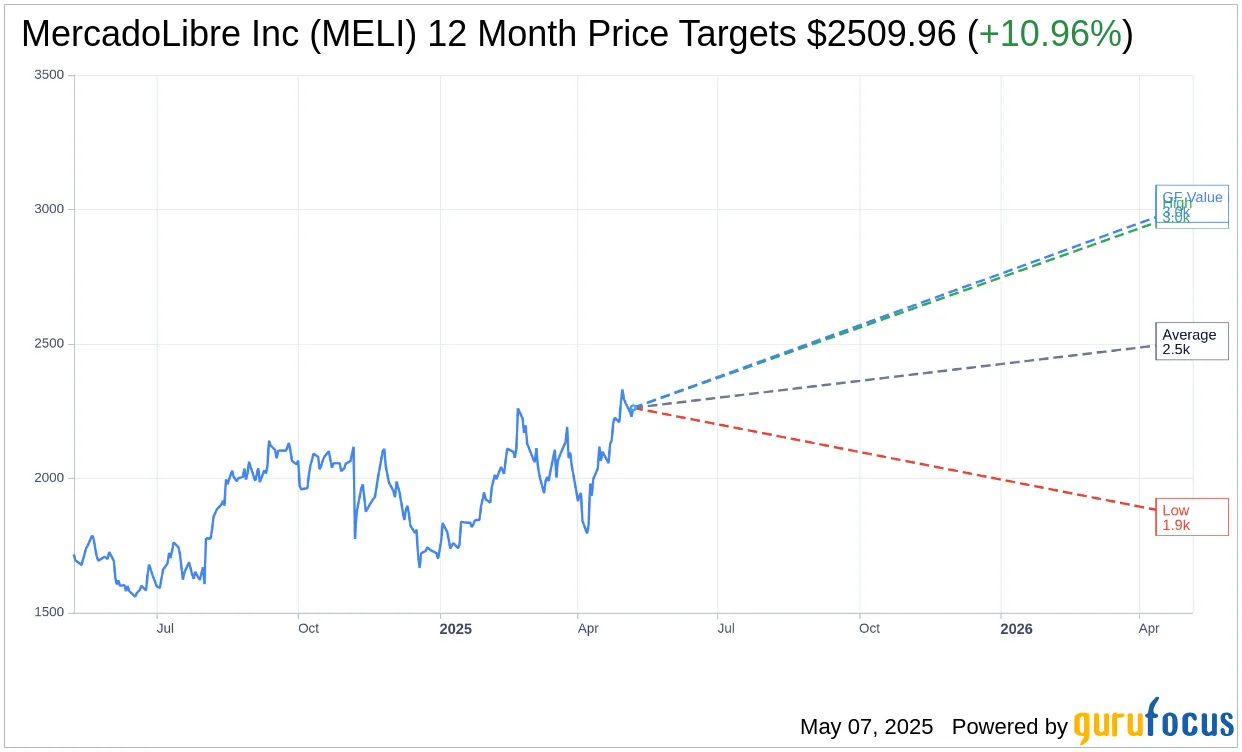Unlocking the Secrets of the Economic Calendar: What You Need to Know Now!
In the fast-paced world of financial markets, staying informed is more than just a strategy—it’s a necessity. The economic calendar has emerged as a critical tool for investors, traders, and financial professionals seeking to navigate the complex landscape of global economics.
What Exactly is an Economic Calendar?
An economic calendar is far more than a simple schedule. It’s a comprehensive roadmap of significant economic events and data releases that can dramatically impact financial markets. From weekly jobless claims to major Federal Reserve reports, these calendars provide a crucial window into the economic pulse of nations and global markets.
Why Should You Care?
Traders and investors rely on economic calendars for several key reasons:
1. Anticipating Market Movements
2. Planning Strategic Trades
3. Understanding Potential Economic Shifts
“Knowledge is power, especially in financial markets,” says Michael Roberts, a senior financial analyst at Global Insights Group.
The Anatomy of Economic Events
Economic events typically fall into two primary categories:
– Projections of Future Economic Conditions
– Reports on Recent Economic Performance
Key Indicators to Watch
Some of the most critical economic indicators include:
1. Consumer Price Index (CPI)
2. Producer Price Index (PPI)
3. Retail Sales
4. Gross Domestic Product (GDP)
Global Perspective Matters
While many traders focus on U.S. markets, global economic events can create significant ripple effects. Forex traders, in particular, understand the interconnected nature of international economic indicators.
Technological Advantages
Modern trading platforms now offer sophisticated tools that:
– Provide real-time economic event alerts
– Help traders customize their economic calendars
– Offer instant analysis of potential market impacts
Strategies for Maximizing the Economic Calendar
Experienced traders often:
1. Open positions before major announcements
2. Close trades to minimize potential volatility risks
3. Use multiple sources to cross-reference information
Customization is Key
Not all economic events are created equal. Sophisticated investors customize their economic calendars based on:
– Personal trading strategies
– Specific asset classes
– Regions of primary interest
Where to Find Reliable Economic Calendars
Fortunately, numerous resources are available:
– Free financial websites
– Government economic portals
– Professional trading platforms
– Specialized financial news services
Pro Tip
Always verify information from multiple credible sources. Economic data can be complex and subject to interpretation.
The Bigger Picture
Understanding the economic calendar isn’t just about predicting market movements—it’s about developing a comprehensive view of economic dynamics. It transforms raw data into actionable insights.
Final Thoughts
The economic calendar is more than a tool—it’s a strategic asset for anyone serious about financial decision-making. Whether you’re a seasoned investor or a curious newcomer, mastering this resource can provide a significant competitive advantage.
Disclaimer: Economic markets are inherently unpredictable. Always consult with financial professionals before making investment decisions.
Stay informed, stay strategic.






Leave a Comment